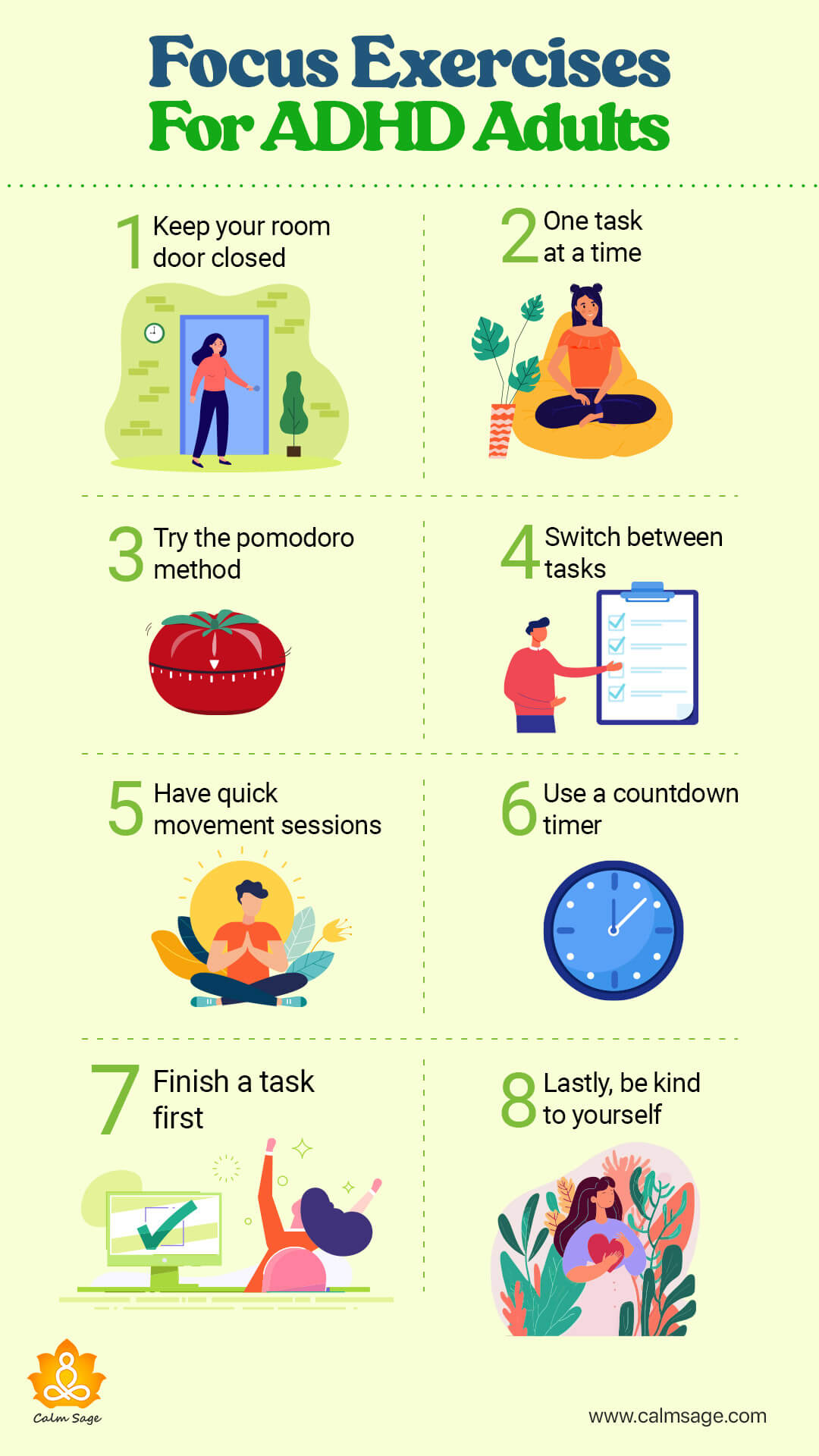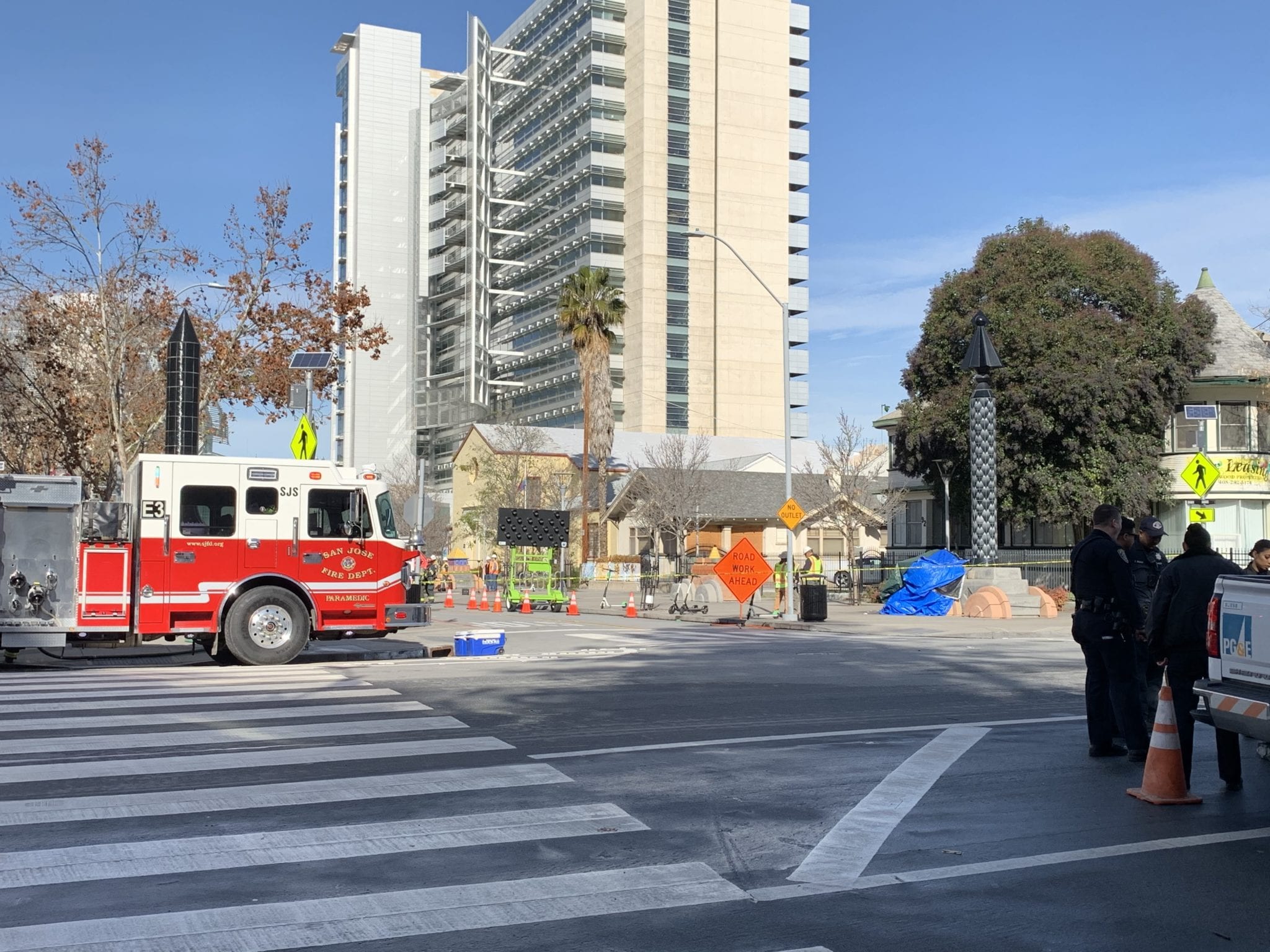Finding The Right Group Support For ADHD: A Guide

Table of Contents
Understanding Your Needs Before Joining an ADHD Support Group
Before diving into your search, it's crucial to understand your specific needs and goals. This self-reflection will help you find the most beneficial ADHD support group.
Identifying Your Specific Challenges and Goals
To find the right fit, consider:
- What aspects of ADHD are most challenging for you? Are you struggling with time management, impulsivity, focus, organization, emotional regulation, or something else?
- What do you hope to gain from a support group? Are you looking for practical coping strategies, emotional support, a sense of community, peer connection, or advice on specific challenges like managing relationships or work?
- What is your comfort level with sharing personal experiences? Some groups are more focused on sharing intimate details than others. Understanding your boundaries is essential.
Different Types of ADHD Support Groups
The ADHD support group landscape is diverse. Understanding the different types will help you narrow your search.
- Online vs. in-person groups: Online groups offer flexibility and convenience, while in-person groups provide a more immediate sense of connection.
- Groups for adults vs. children/teens: Groups are tailored to different age groups, addressing specific developmental challenges and needs.
- Groups focused on specific challenges: Some groups focus on ADHD and work, ADHD and relationships, ADHD and parenting, or other specific areas of difficulty.
- Groups based on gender or other demographics: Some groups cater to specific demographics, providing a more targeted and relatable experience.
Finding and Evaluating ADHD Support Groups
Now that you understand your needs, let's explore how to find and evaluate potential ADHD support groups.
Online Resources for Finding Support Groups
Several online resources can help you locate ADHD support groups:
- Websites of ADHD organizations: Organizations like CHADD (Children and Adults with Attention-Deficit/Hyperactivity Disorder) often maintain directories of support groups.
- Online directories of support groups: Websites dedicated to listing support groups, including those for ADHD, can be a valuable resource.
- Social media groups focused on ADHD: Facebook, Reddit, and other platforms host numerous ADHD support groups, offering instant peer-to-peer connection.
Key Factors to Consider When Choosing a Group
When evaluating potential groups, consider these factors:
- Group size and format: Smaller groups often allow for more intimate discussions, while larger groups offer more diversity of perspectives. Consider whether you prefer a structured or informal format.
- Leader's experience and qualifications: Look for groups led by experienced professionals or individuals with a strong understanding of ADHD.
- Group's focus and goals: Ensure the group's focus aligns with your needs and goals.
- Location and accessibility (for in-person groups): Choose a location that is convenient and accessible for you.
- Cost and insurance coverage (if applicable): Some groups may charge fees, while others are free. Check for insurance coverage if applicable.
- Member reviews and testimonials: Look for online reviews or testimonials from past participants to gain insight into the group's effectiveness and overall experience.
Attending a Meeting (or a Virtual Session) Before Committing
Before fully committing, attend a meeting (or a virtual session):
- Most groups offer a trial period or introductory session. Take advantage of this opportunity to see if the group is a good fit for you.
- Check the group’s schedule and policies for attending a meeting before committing. This ensures a smooth and comfortable first experience.
- Observe the group dynamics and interactions. Pay attention to how members interact with each other and the facilitator.
- See if the group's approach and focus align with your needs. Make sure the group's style and goals resonate with what you are hoping to gain.
Maximizing the Benefits of Your ADHD Support Group
Once you've found the right group, active participation is key to maximizing the benefits.
Active Participation and Engagement
To get the most out of your support group:
- Share your experiences openly and honestly, while respecting others. Your experiences can help others and hearing others’ can help you.
- Listen actively to other members' stories and perspectives. Empathy and understanding are crucial aspects of support groups.
- Contribute to discussions and offer support. Share your insights and offer encouragement to other members.
- Don't be afraid to ask questions. It’s a safe space to address any concerns or queries you may have.
Setting Realistic Expectations
Remember that:
- Support groups are not a replacement for professional therapy or medication. They serve as a valuable complement to professional help.
- They provide valuable peer support and coping strategies, but they cannot solve all problems on their own. Be realistic about what you can achieve.
- It takes time to build relationships and trust within a group. Be patient and consistent in your participation.
Building Connections and Maintaining Consistency
To foster strong connections and derive maximum benefit:
- Attend meetings regularly to build rapport with other members. Consistency strengthens the sense of community.
- Reach out to other members between meetings if you need additional support. Building connections outside of meetings can be invaluable.
- Consider engaging in group activities outside of meetings. This can further deepen relationships and build camaraderie.
Finding the Right ADHD Support for You
Finding the right ADHD support group involves understanding your needs, exploring resources, carefully evaluating potential groups, and actively participating. Remember that finding effective ADHD support groups requires a personal touch – a group that aligns with your specific challenges and goals is crucial for long-term success. Consistent participation in a supportive community can provide invaluable emotional support, practical strategies, and a sense of belonging. Start your journey towards discovering the best ADHD group support by utilizing the resources and tips outlined in this article. Begin your search for locating helpful ADHD support groups today – your journey towards a more fulfilling and manageable life with ADHD starts now!

Featured Posts
-
 Capital Summertime Ball 2025 How To Buy Tickets And Avoid Missing Out
Apr 29, 2025
Capital Summertime Ball 2025 How To Buy Tickets And Avoid Missing Out
Apr 29, 2025 -
 Higher Rates Of Adhd Found In Adults With Autism And Intellectual Disabilities Research Highlights
Apr 29, 2025
Higher Rates Of Adhd Found In Adults With Autism And Intellectual Disabilities Research Highlights
Apr 29, 2025 -
 Negeri Sembilan The Next Hotspot For Data Center Development In Malaysia
Apr 29, 2025
Negeri Sembilan The Next Hotspot For Data Center Development In Malaysia
Apr 29, 2025 -
 Nyt Spelling Bee Solutions For February 28 2025
Apr 29, 2025
Nyt Spelling Bee Solutions For February 28 2025
Apr 29, 2025 -
 Emergency Response Downtown Louisville Buildings Evacuated Following Gas Leak
Apr 29, 2025
Emergency Response Downtown Louisville Buildings Evacuated Following Gas Leak
Apr 29, 2025
